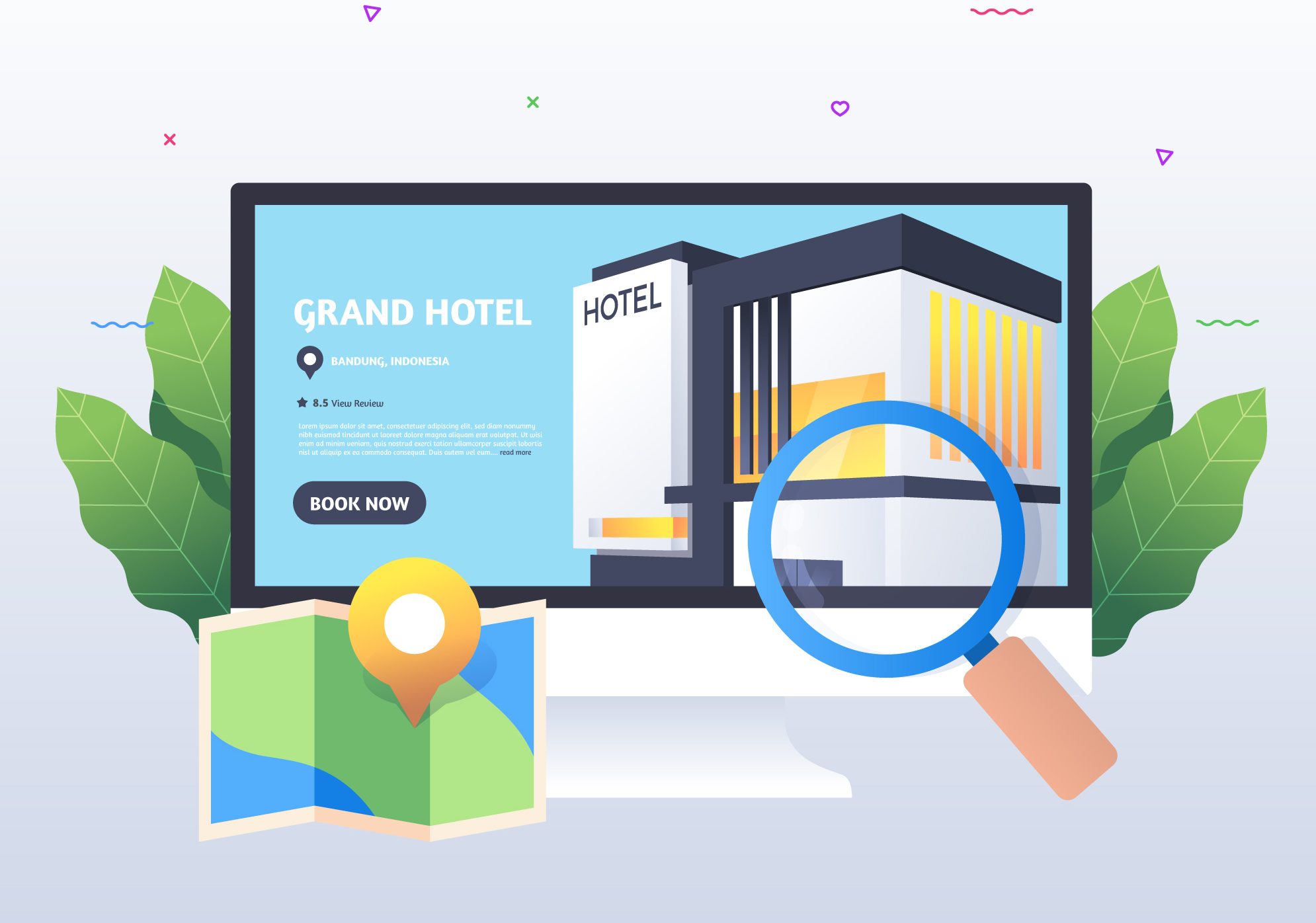The real estate industry is undergoing a digital transformation, thanks to real estate software platforms. These platforms offer end-to-end solutions, enabling real estate professionals to manage properties, streamline sales, and engage clients effectively. From property listings to analytics, these tools have become indispensable in a competitive market.
1. Property Management with Real Estate Software
One of the primary benefits of real estate software platforms is their ability to simplify property management. Features like automated rent collection, maintenance tracking, and tenant communication ensure that landlords and property managers can handle multiple properties with ease. This automation saves time and reduces errors, creating a seamless experience for all parties involved.
2. Enhancing Sales Processes in Real Estate
Real estate software platforms play a crucial role in streamlining the sales process. With integrated customer relationship management (CRM) tools, agents can track leads, automate follow-ups, and close deals faster. Additionally, platforms offering virtual tours and 3D property models provide prospective buyers with an immersive experience, helping them make informed decisions.
3. Improving Customer Engagement Through Technology
Customer engagement is vital in the real estate industry, and real estate software help professionals stay connected with clients. Tools like personalized email campaigns, real-time chat options, and mobile apps make it easy to maintain strong relationships with buyers and tenants, enhancing satisfaction and loyalty.
4. Leveraging Analytics for Better Decision-Making
Data analytics is a game-changer for the real estate sector, and real estate software platforms provide detailed insights into market trends, property performance, and customer behavior. These analytics empower professionals to make data-driven decisions, improve operations, and maximize profitability.
Conclusion
Real estate software platforms are revolutionizing the industry by offering comprehensive tools for property management, sales, and customer engagement. As technology continues to advance, these platforms will only become more essential for staying competitive in the market. To learn more about streamlining your real estate operations, visit Bedots.
Read more: Mobile Apps: Transforming Real Estate



